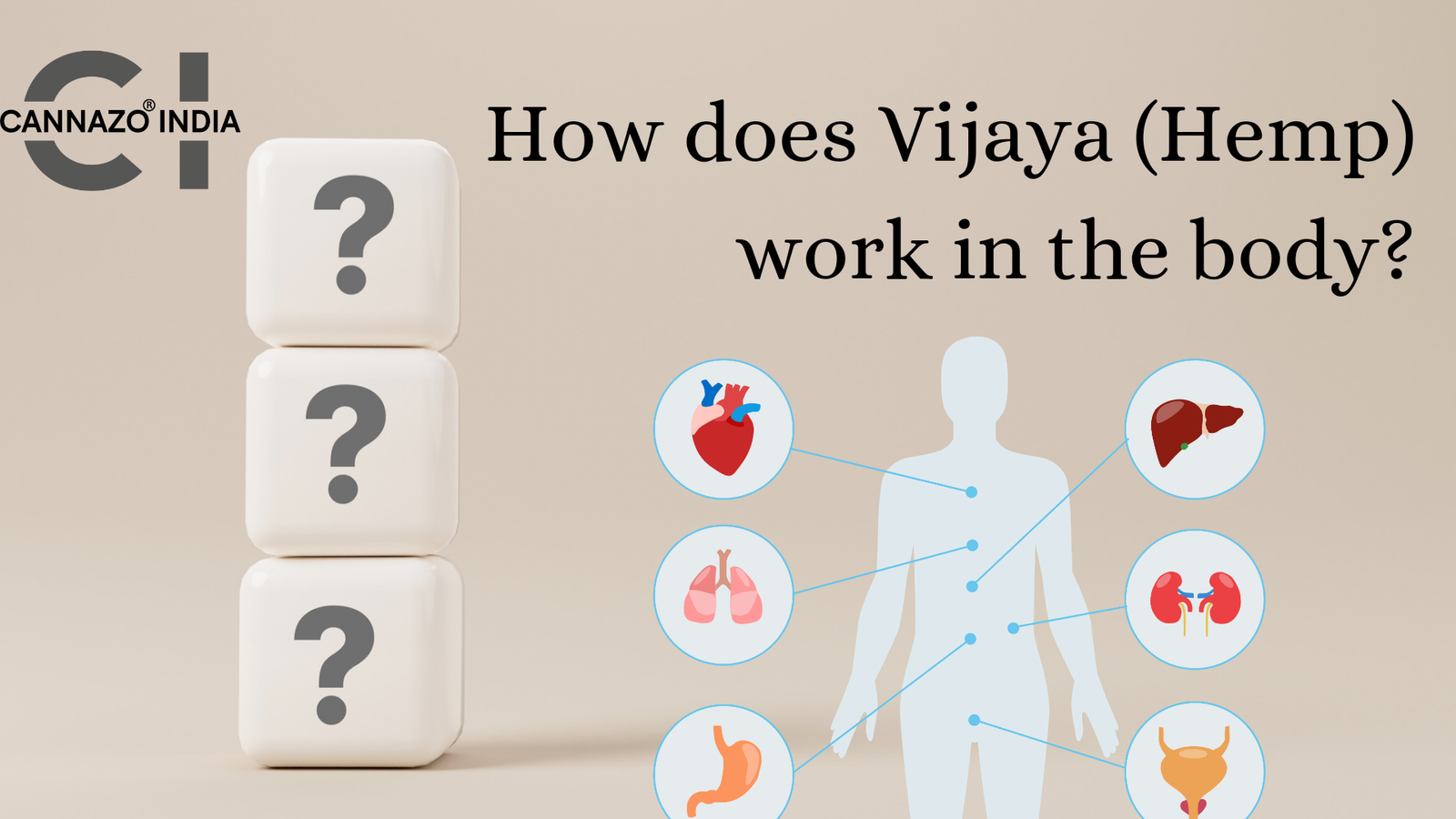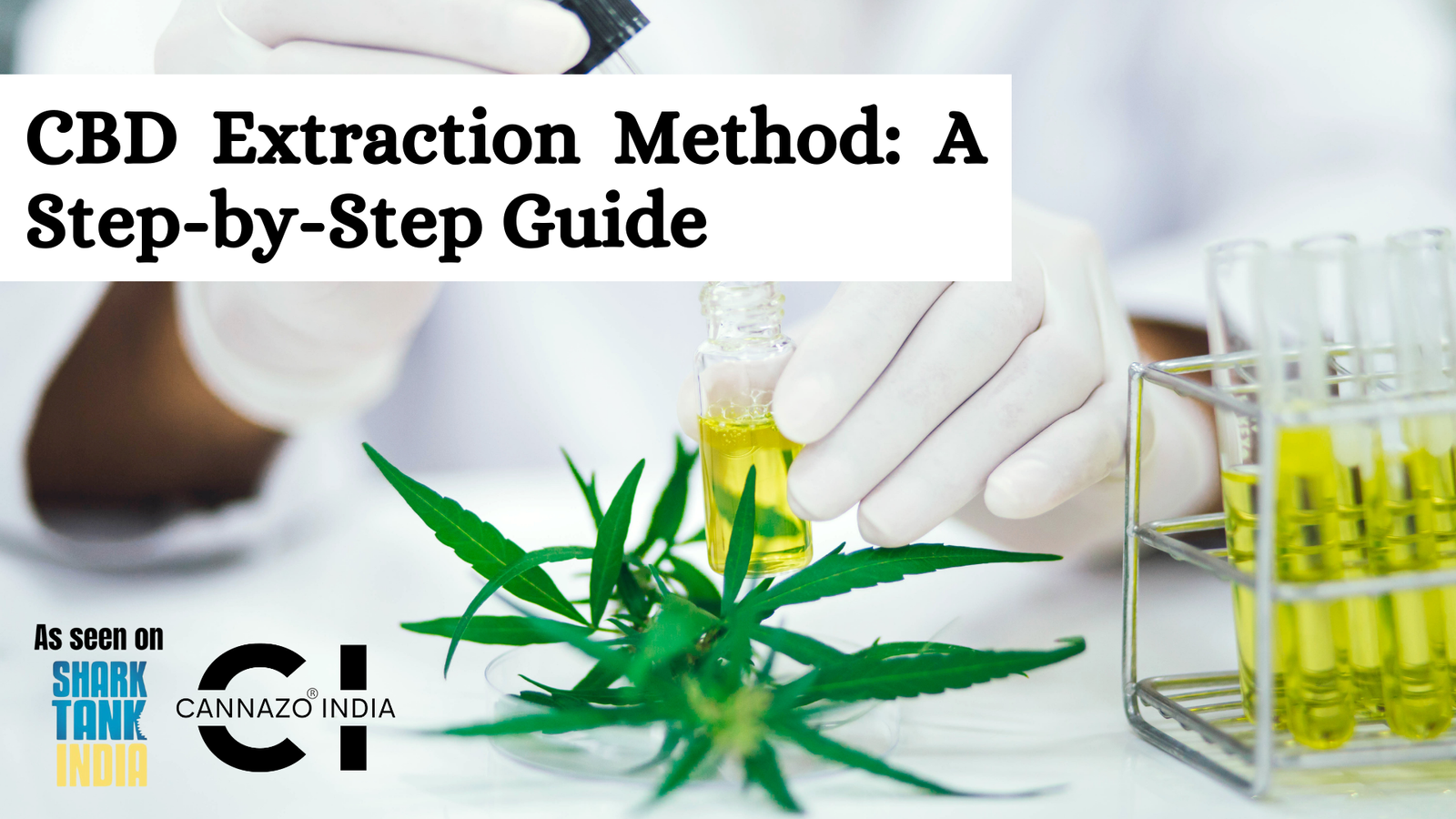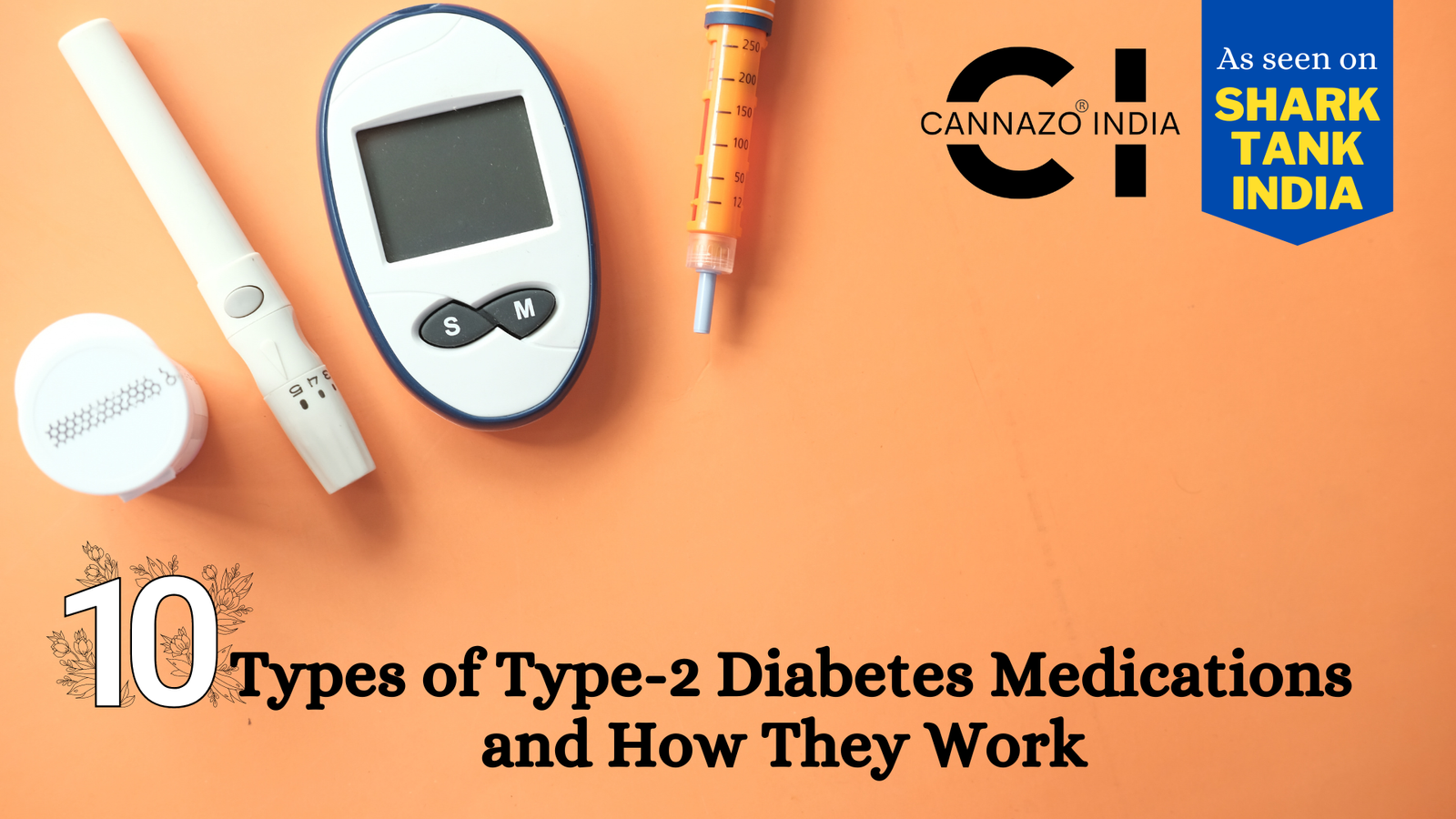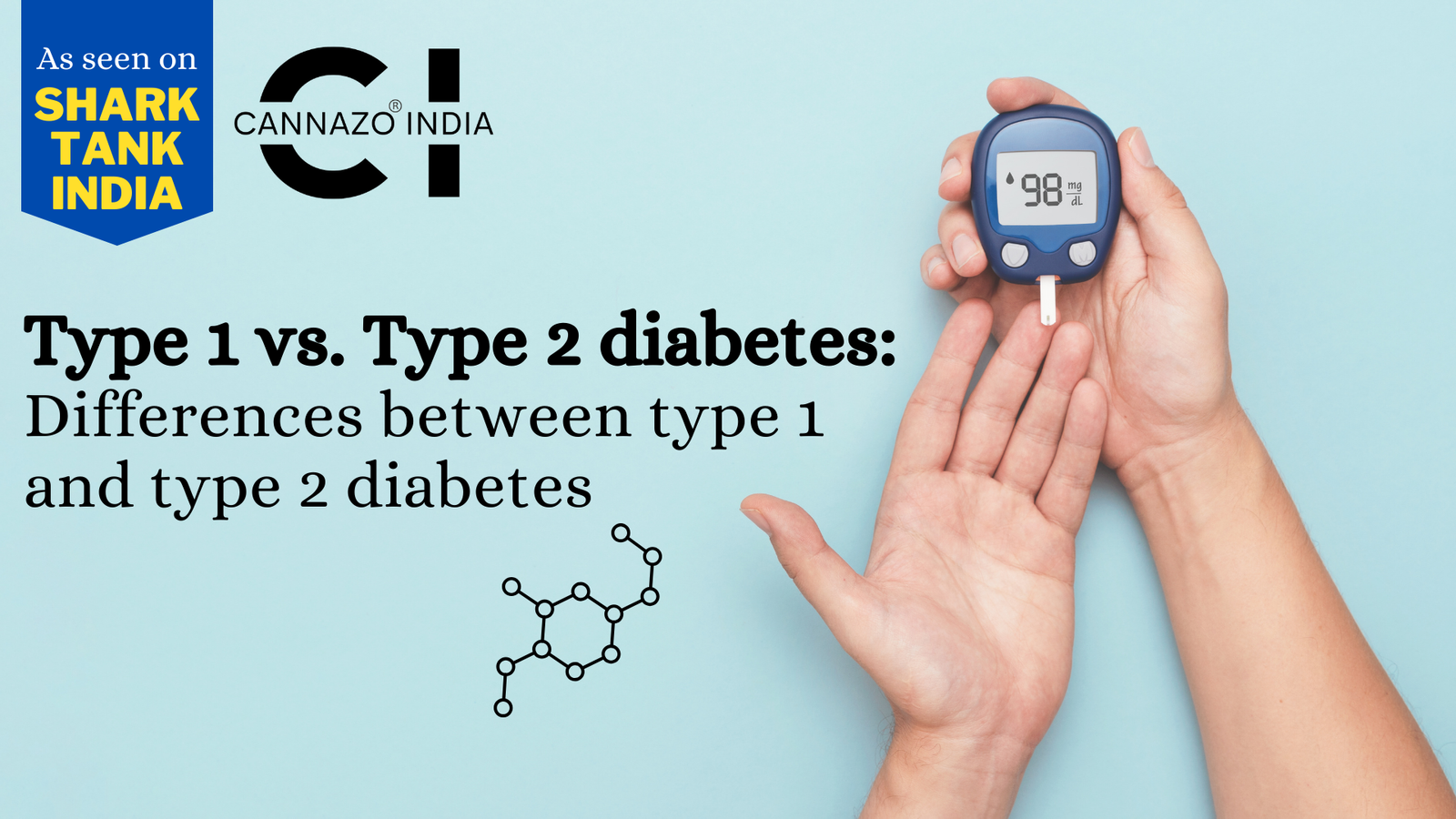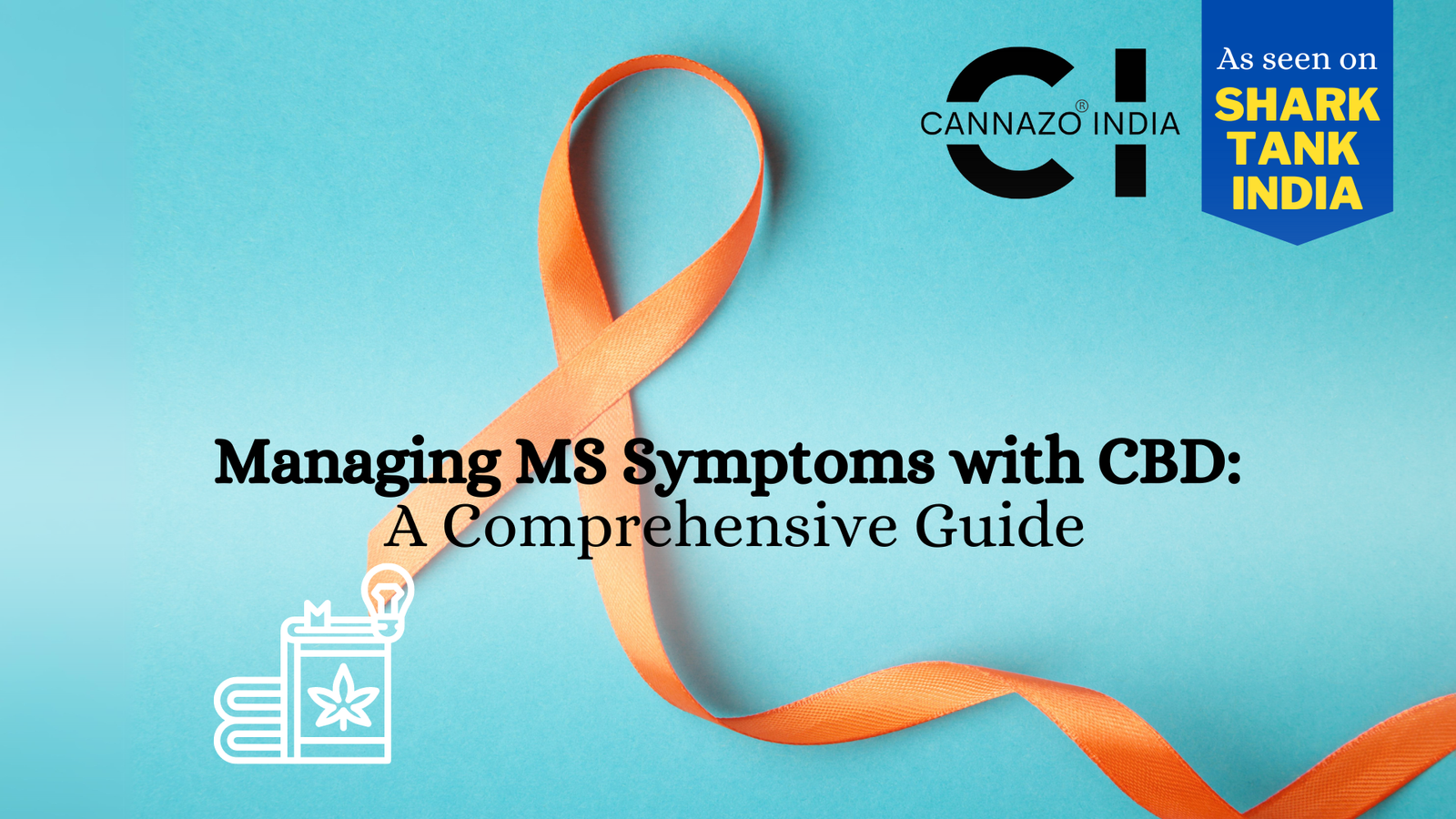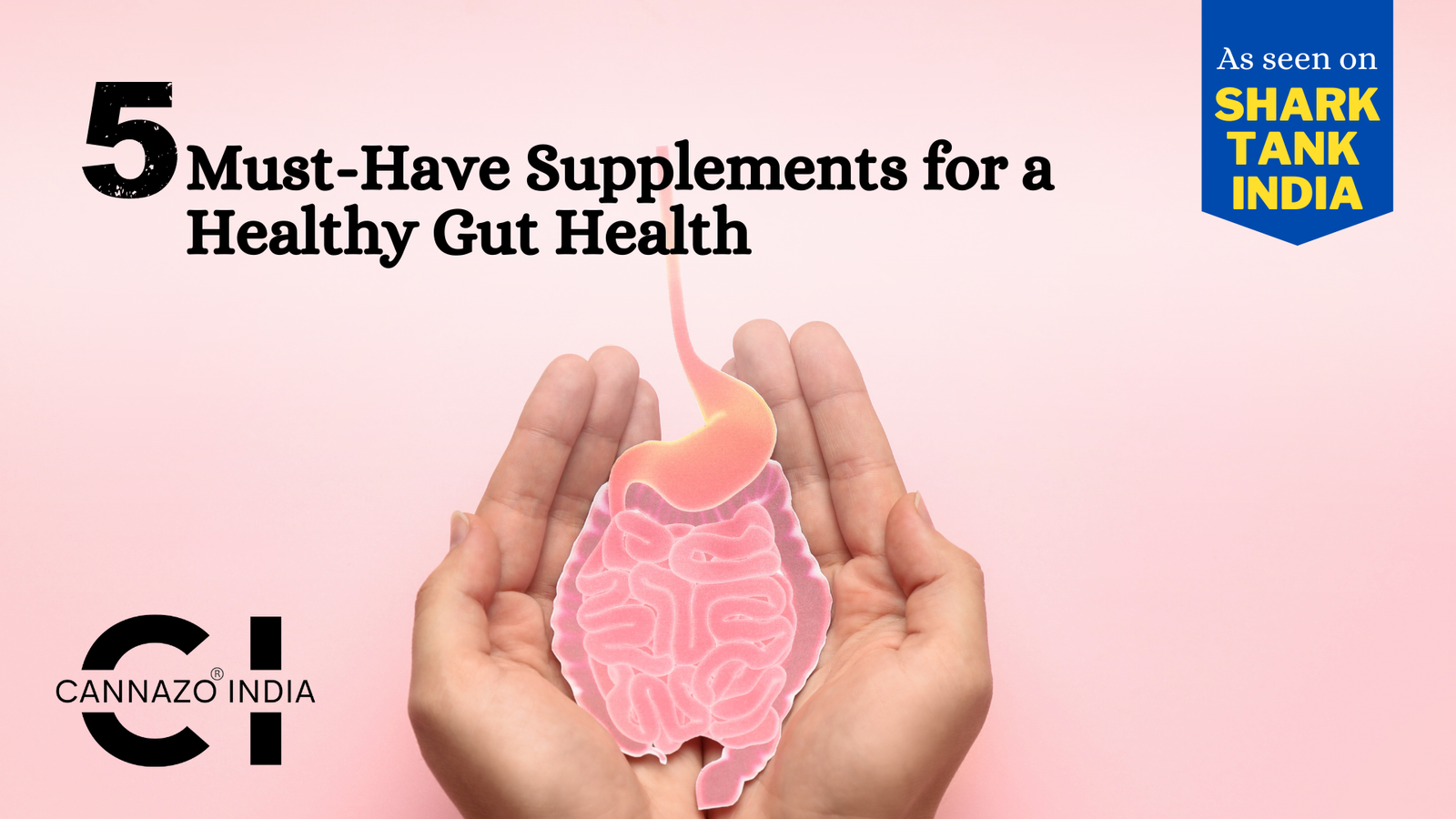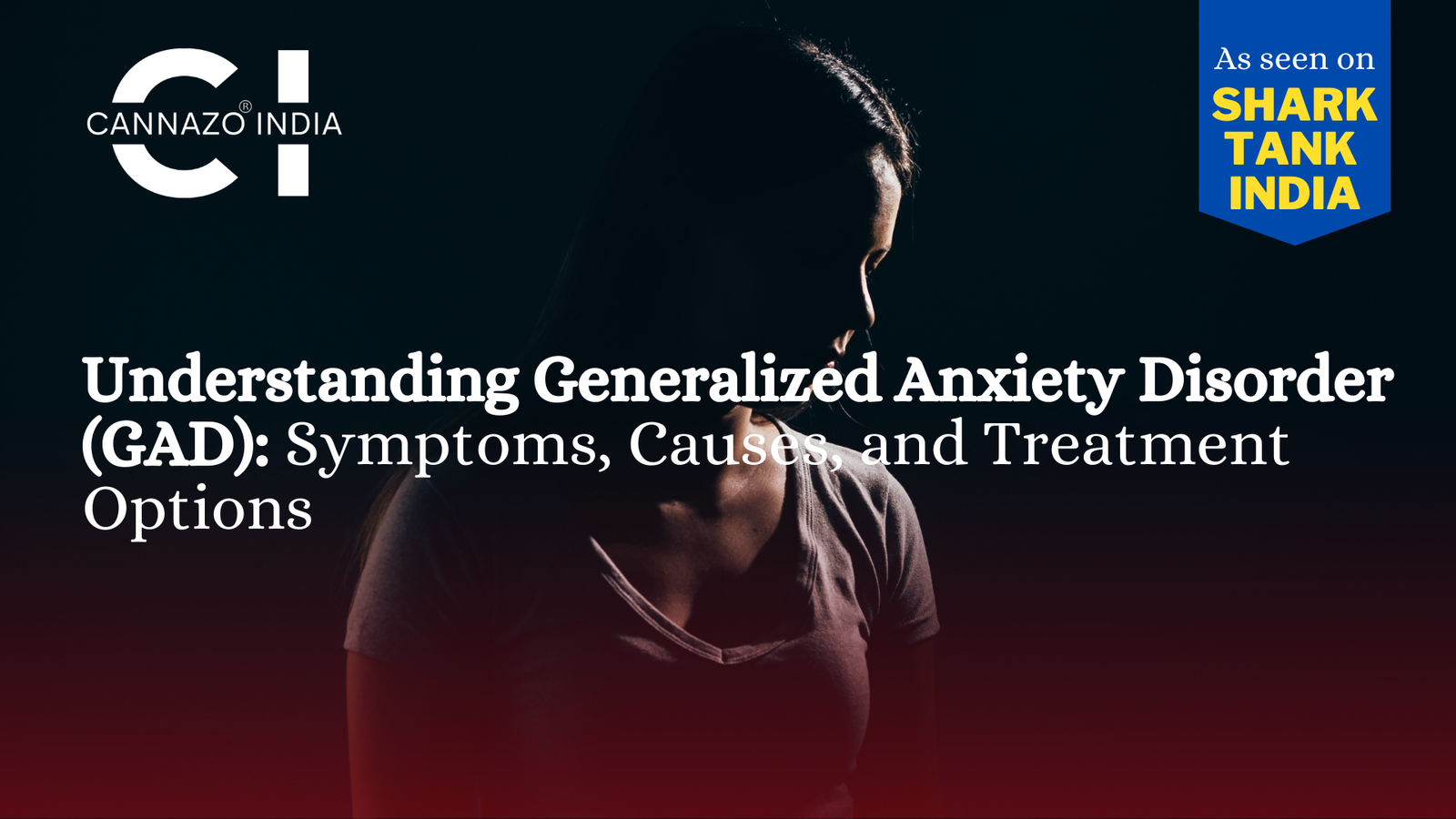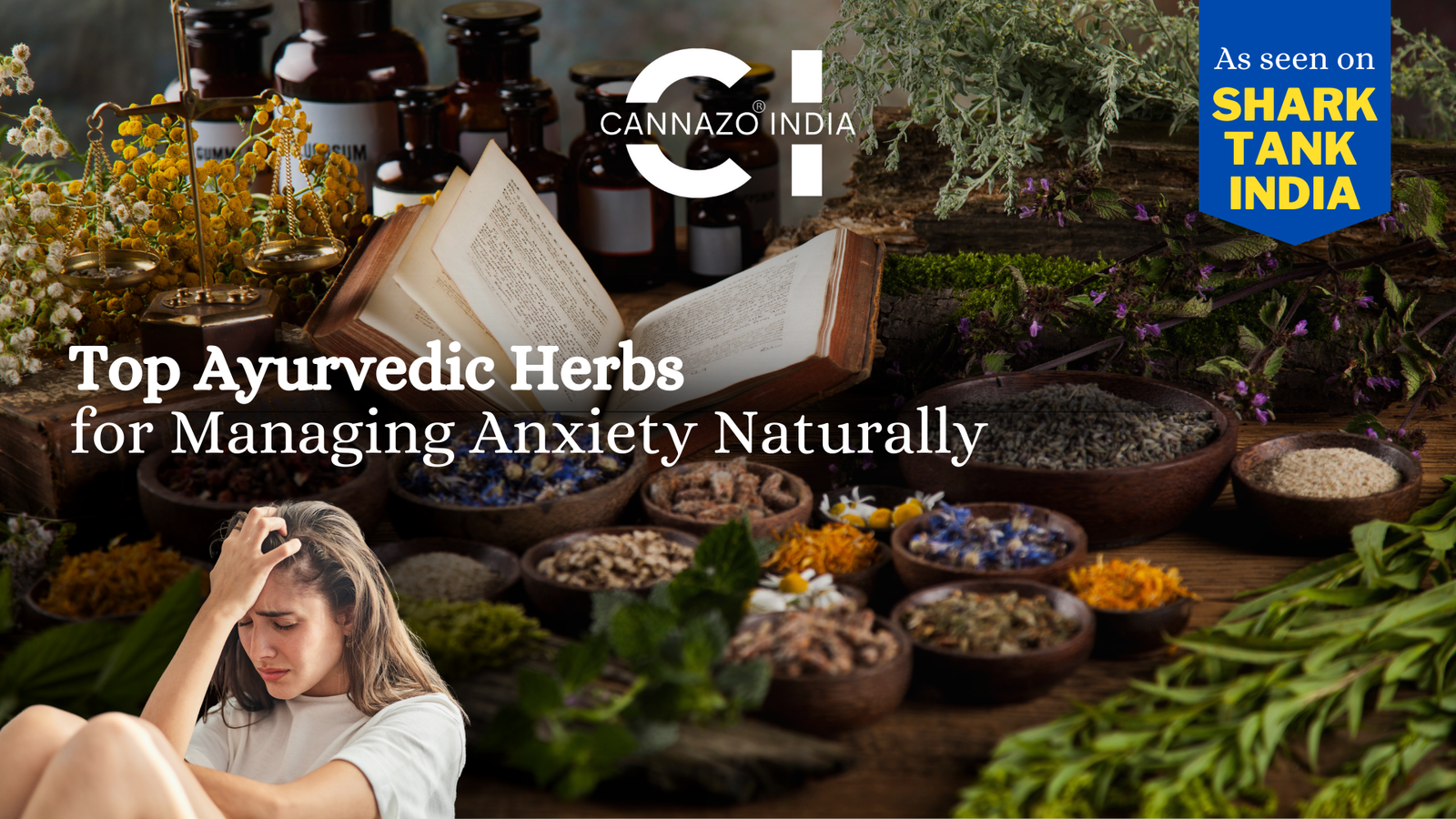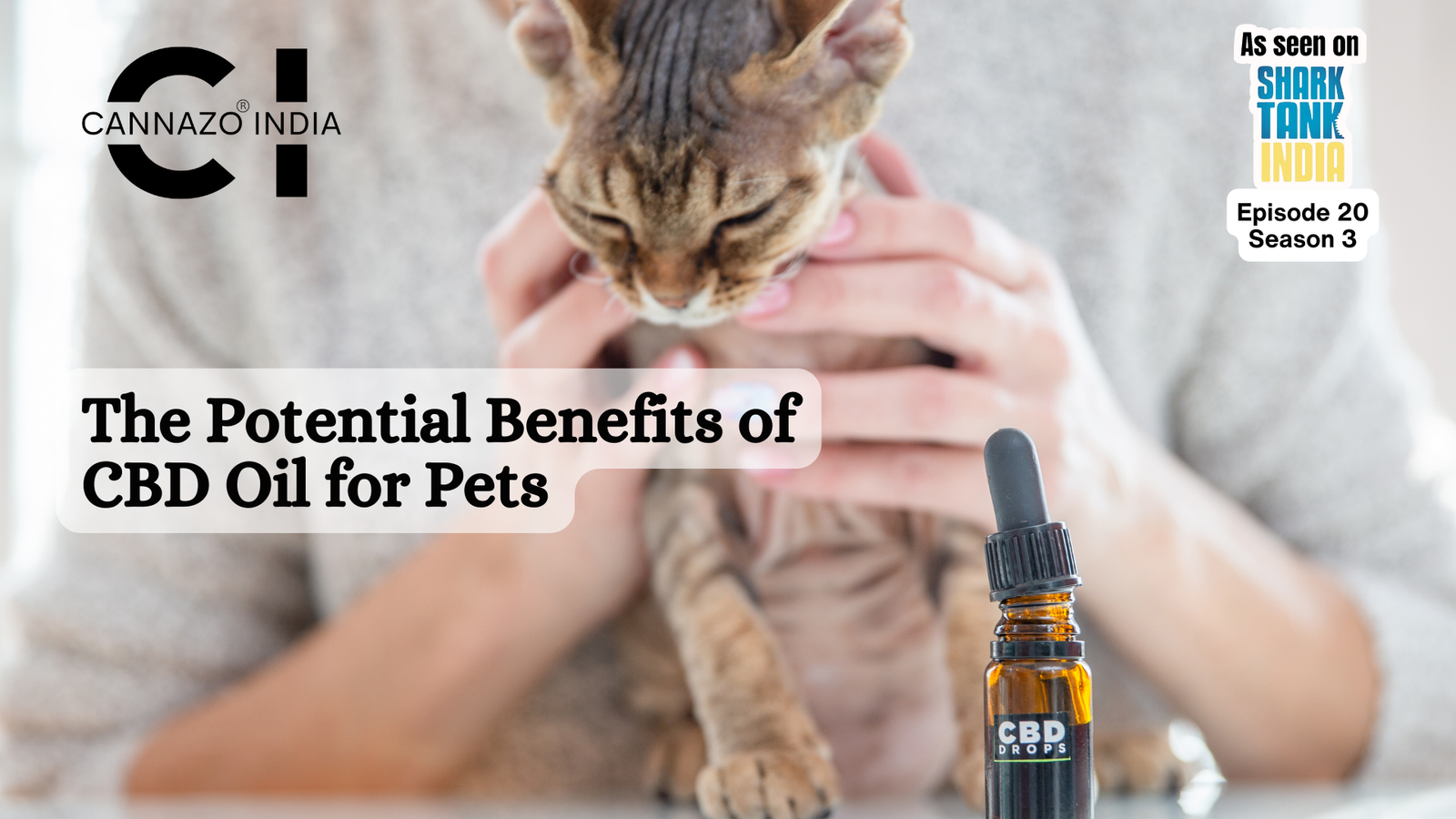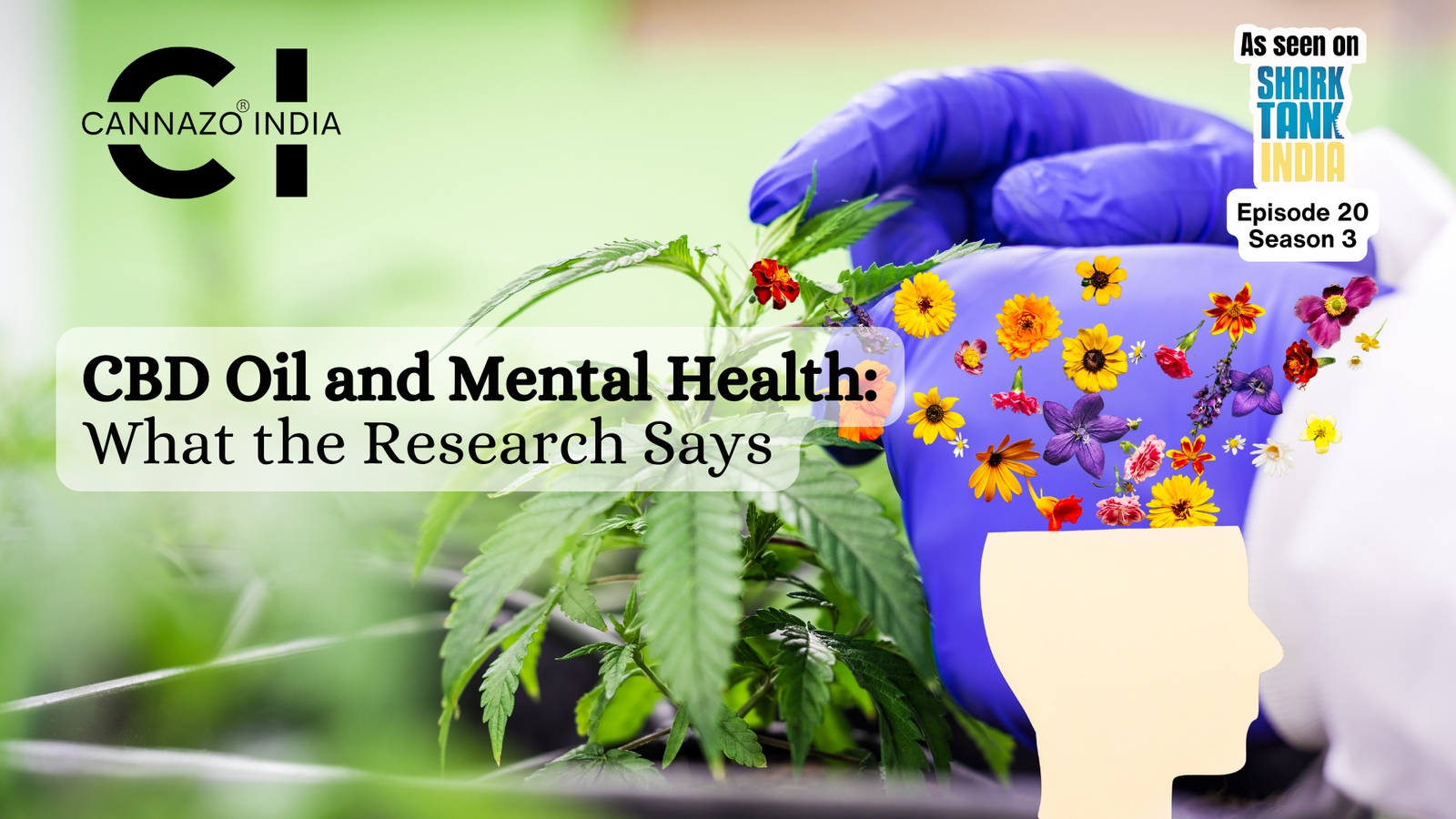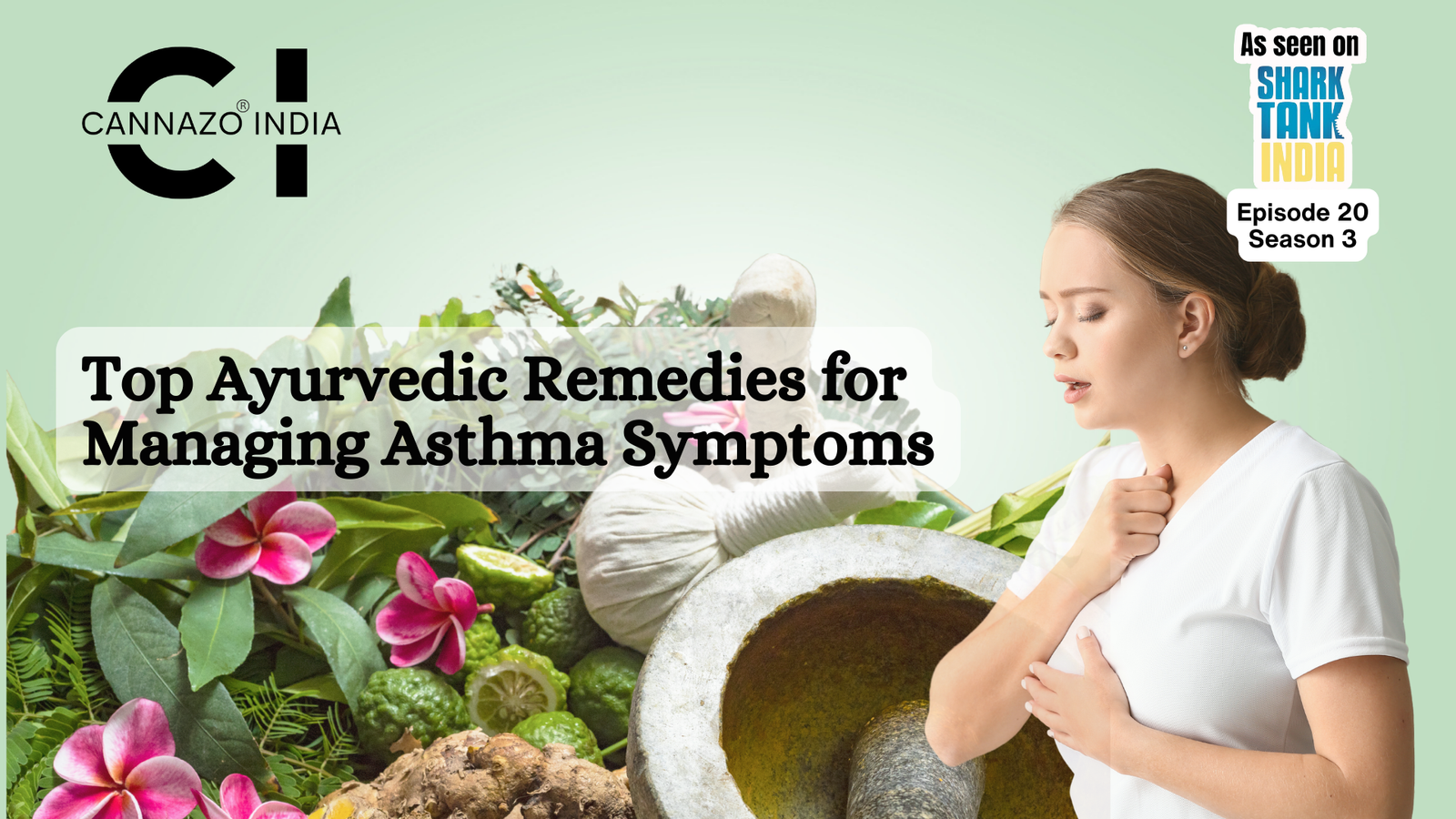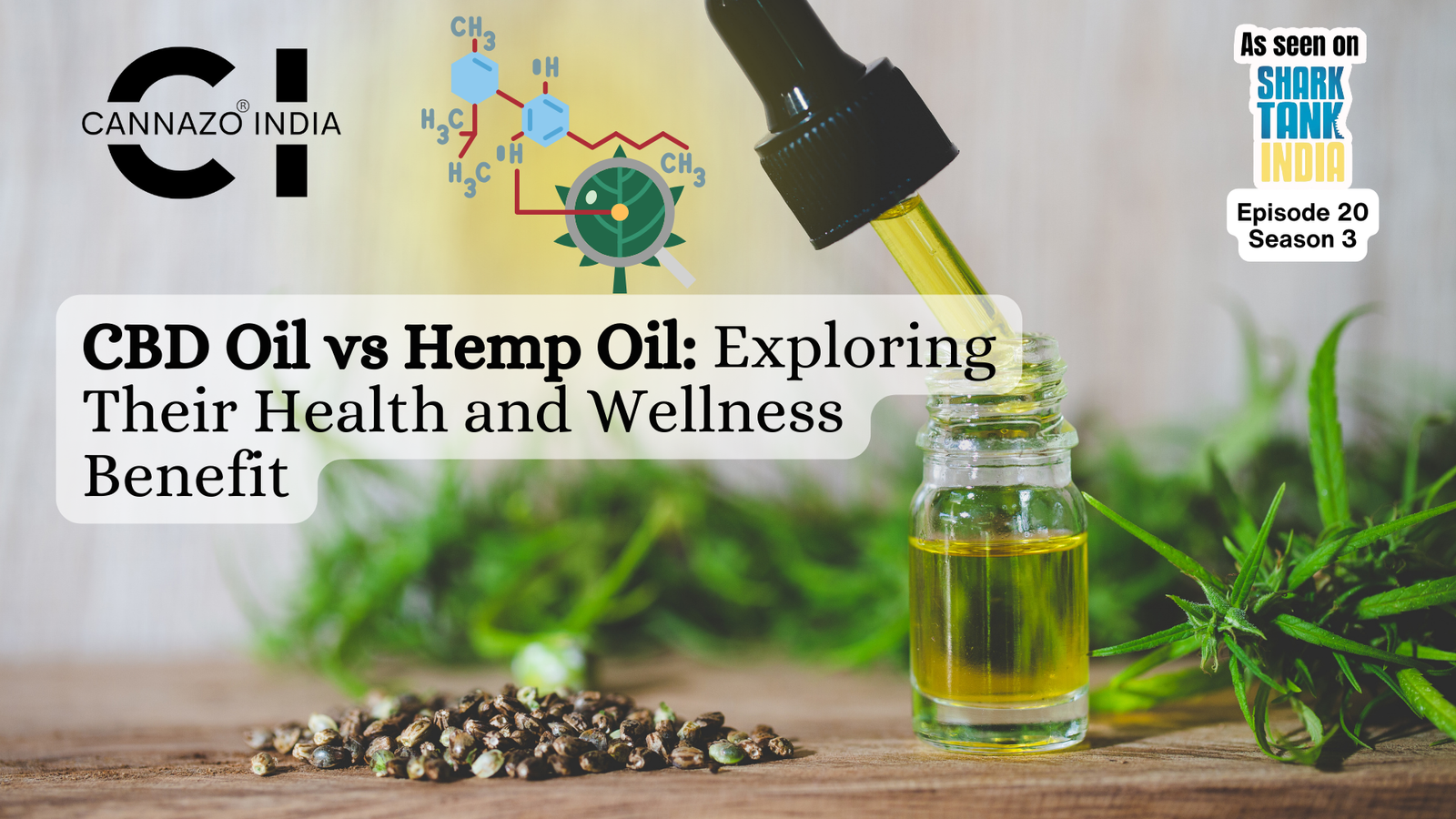What Is Gut Health?
Gut health is tied to the composition of your gut microbiome which consists of harmless bacteria throughout your gastrointestinal (GI) tract.
Why Is Gut Health Important?
Although they are just bacteria, they influence many systems and processes like:
- The nervous system
- immunity
- digestion
- mood and stress
- food allergies
This article gives you five lifestyle habits on how to improve gut health today!
Ways to Improve Your Gut Health
After understanding the importance of gut health in your daily life, here are ways on how to improve gut health.
Stay Hydrated
Yup! When finding ways on how to improve gut health, the simplest way is to drink enough water. Water is essential since it is involved in various processes including digestion, body temperature regulation and metabolism. Research has shown that drinking less water can decrease the production of mucus in the intestine. Since mucus prevents inflammation, drinking less water would lead to increased inflammation that would cause dysfunction in the gut barrier.
Eat healthy and mindfully
Many people talk about how to improve gut health. It is important to eat right. Zhang et al. (2018) summarised the effect of different food components on gut microbiota.
Fibre consumption can increase the amount of beneficial bacteria in the gut, improve food allergy and prevent lifestyle diseases like diabetes.
Diets rich in saturated fats have been shown to increase those bacteria which would promote obesity and inflammation.
Including fermented foods like yoghurt, kimchi and sauerkraut in your diet can introduce beneficial bacteria into the gut and help maintain a healthy body.
Manage Stress Levels
In today’s lifestyle, stress is upon everyone’s mind. Evidence shows that stress can modulate the gut microbiota leading to GI conditions like ulcers, inflammatory bowel disorder, abdominal pain, diarrhoea and even food allergies.
So how to improve gut health by managing stress? Stress can be managed in various ways including meditation, exercising, and following a healthy diet. Decreasing stress can reverse its harmful effects to an extent and alleviate symptoms of GI conditions.
Avoid Overuse of Antibiotics
When taking antibiotics for an infection, they do two things: kill the harmful bacteria in the body and also kill the good bacteria in the gut. A decrease in the amount of good bacteria can lead to decreased absorption of proteins and fats in the intestine, increased allergic responses and weakened immunity.
So how to improve gut health without using antibiotics for infections? Ensure proper sanitation, follow the course of antibiotics as prescribed by your doctor and use antibiotics prudently and only when prescribed.
Exercise Often
You must have heard a thousand times that exercising is good for your health. Exercising can relieve constipation and decrease inflammation in the gut. It can also reduce obesity via modulation of gut microbiome which increases satiating hormones like ghrelin.
Moreover, exercising can increase the production of butyric acid by the gut microbiome which can reduce the risk of colon cancer. Thus, exercising daily can improve gut health. Ensure to do at least 30-45 mins of exercise every day and prevent a sedentary lifestyle.
Bonus!
Another question that arises is how to improve gut health using supplements. Many certified supplements are available online to improve gut health. Cannazo India offers 100% organic Gut Health tablets which consist of hemp, ginger, coriander, bael, etc. We also offer Continuity Softgels which contain hemp seed oil and astaxanthin which have antioxidant and anti-inflammatory properties and thus can support your gut health.
Conclusion
Gut health is delicately managed by factors like gut microbiota, diet, exercise, water consumption, etc. Thus, when wondering how to improve gut health, working on these factors can significantly improve not just gut health but also general wellness by reducing the risk of diabetes, obesity, GI issues and cancer.
References
- Ferket, P. R. (2003, October). Controlling gut health without the use of antibiotics. In Proceedings of the 30th Annual carolina poultry nutrition conference (pp. 57-68). Raleigh, NC: Academic Publishers.
- Konturek, P. C., Brzozowski, T., & Konturek, S. J. (2011). Stress and the gut: pathophysiology, clinical consequences, diagnostic approach and treatment options. J Physiol Pharmacol, 62(6), 591-9.
- Monda, V., Villano, I., Messina, A., Valenzano, A., Esposito, T., Moscatelli, F., … & Messina, G. (2017). Exercise modifies the gut microbiota with positive health effects. Oxidative medicine and cellular longevity, 2017.
- Willis, N. B., Muñoz, C. X., Mysonhimer, A. R., Edwards, C. G., Wolf, P. G., Hillman, C. H., … & Khan, N. A. (2021). Hydration biomarkers are related to the differential abundance of fecal microbiota and plasma lipopolysaccharide-binding protein in adults. Annals of Nutrition and Metabolism, 77(Suppl. 4), 37-45.
- Zhang, N., Ju, Z., & Zuo, T. (2018). Time for food: The impact of diet on gut microbiota and human health. Nutrition, 51, 80-85.














